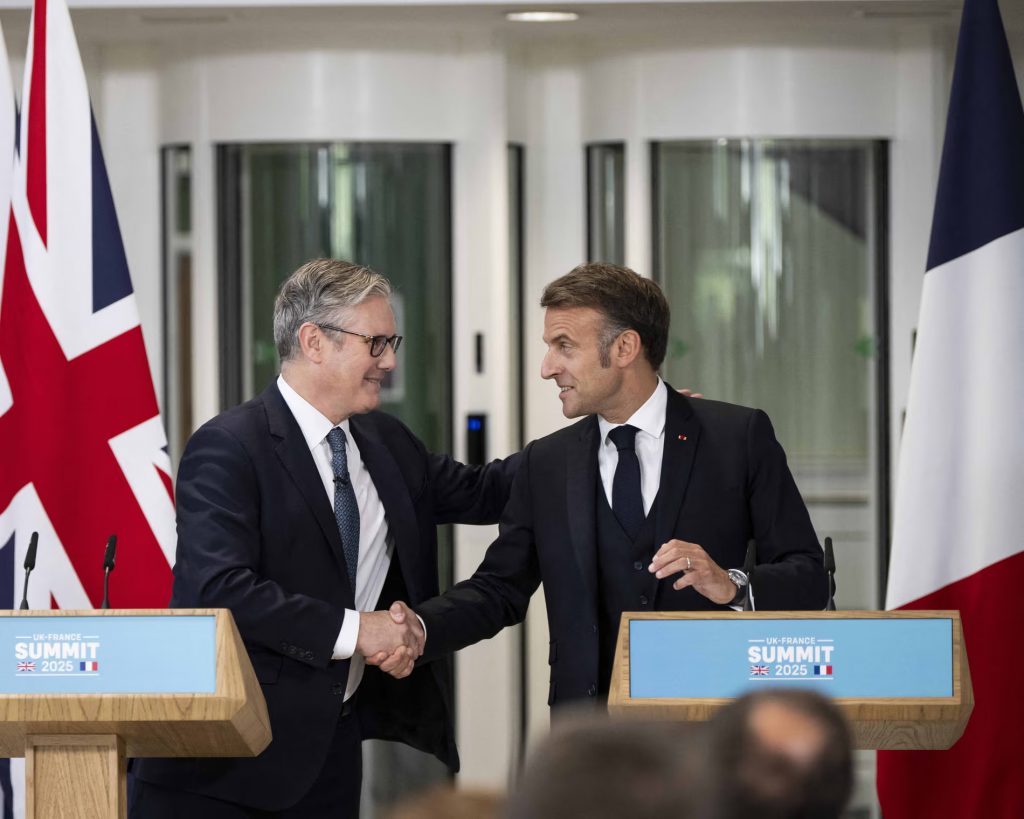Prime Minister Keir Starmer has accused Nigel Farage of secretly hoping that the UK’s new migrant return agreement with France will fail. In a strong statement, Starmer said the Reform leader is afraid of losing political importance if the issue of illegal immigration is solved. He argued that Farage needs the current crisis to continue in order to remain relevant in UK politics.
The controversial “one in, one out” deal was highlighted as the key outcome of French President Emmanuel Macron’s state visit to the UK. The plan suggests that some migrants crossing the Channel in small boats would be sent back to France, while the UK would take in a different group of asylum seekers instead. Starmer believes this approach can help reduce dangerous crossings and ease pressure on the UK’s immigration system.
However, Starmer has not provided exact numbers on how many migrants will be returned under the new plan. Early leaks suggested the figure might be around 50 migrants per week—just one out of every 17 currently arriving by boat. But this estimate was never officially agreed upon during the negotiations.
Nigel Farage has described the deal as a “humiliation for Brexit Britain.” He criticized the UK government for acting like an EU member and giving in to demands from the French president. Farage’s criticism comes as human rights groups prepare legal challenges to the agreement, questioning whether it follows both UK and EU law.
In an article for the Sunday Express, Starmer pushed back against Farage’s remarks. He praised his government’s diplomatic progress, saying that real, practical steps are being taken to stop illegal migration. “Farage is terrified of this Government succeeding,” he wrote. “He doesn’t want the numbers to go down because he knows that when they do, he’ll fade into irrelevance.”
Meanwhile, Home Office sources revealed that migrants returned to France who try to cross again would be blocked from applying for asylum in the UK. Their identities would be stored in a biometric database, and officials believe repeat crossings—each costing about £3,000—would not be worth the risk.
The new policy has also sparked debate among politicians. On Sky News, shadow home secretary Chris Philp dismissed the deal as weak, claiming it would only return about six percent of small boat arrivals to France. He said allowing the remaining 94 percent to stay in the UK offers no real deterrent to others.
In response, Transport Secretary Heidi Alexander defended the deal, saying the UK cannot tackle illegal migration alone. She added that working with European partners is essential, and this agreement with President Macron is something the previous government failed to achieve.
As public concern over Channel crossings remains high, the political fight over how to manage illegal migration is expected to continue, with both sides blaming each other for the crisis and offering different visions for the UK’s border control strategy.

